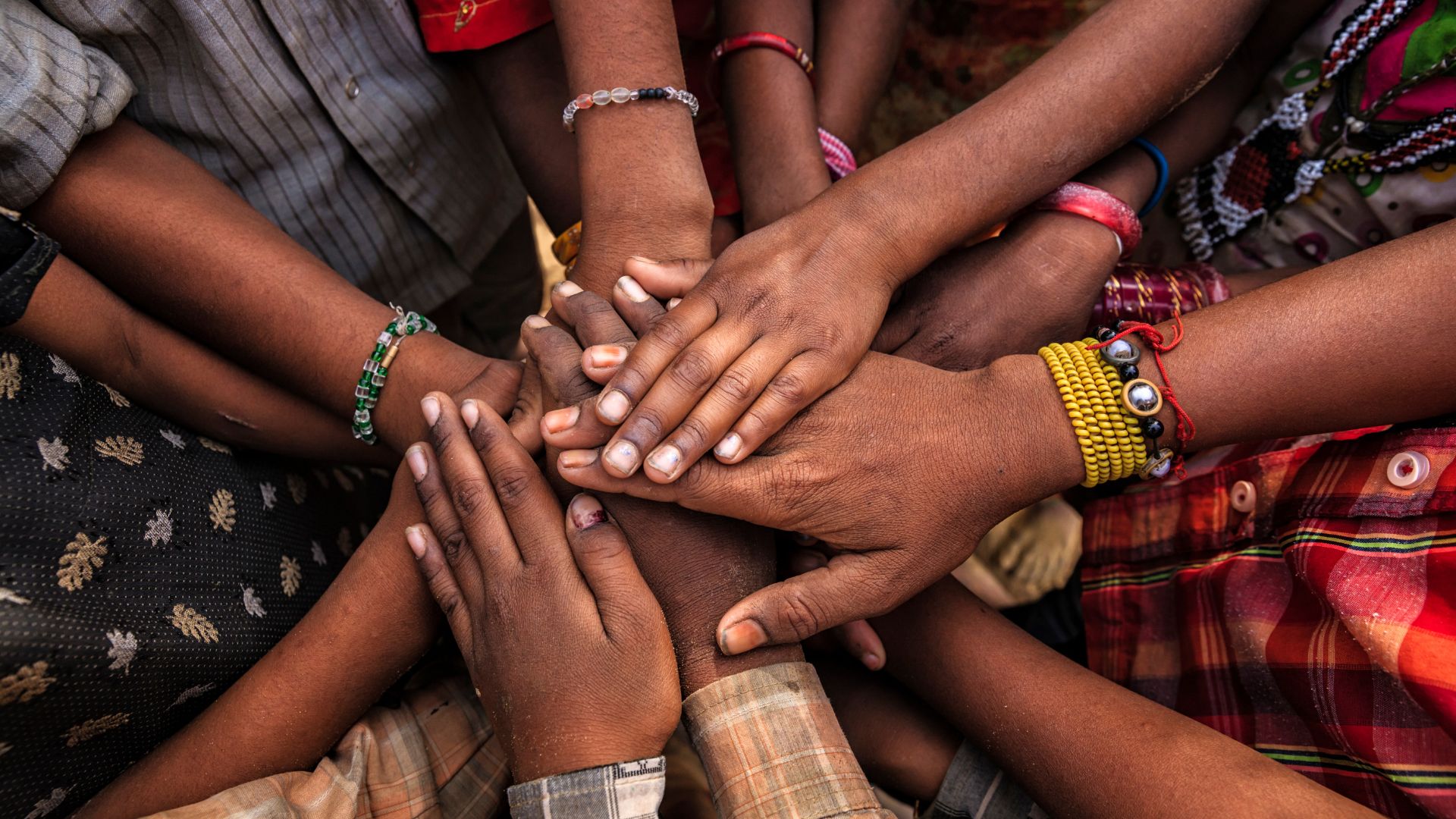- Youth form an integral, major part of the complex social fabrics of African societies, although their voices and actions are often marginalised or misrepresented. There are theoretical deficits of the nation-state in Africa, which directly affect how the state and youth interact and has led to cycles of oppression and maintenance of the domination of older elites.
- African youth are in dialogue with the state on multiple fronts. Youth express their political identities through voting, abstaining from voting, protesting online and offline, creating social movements, registering voters, and other modes of engagement.
- In the past, revolutions led by youth have been co-opted by urban elites, which in some countries then led to only marginal reforms. More recently, various new modes of youth participation have arisen because of social media and the ability for discourse about the state and social movements to occur more freely. Nevertheless, some repressive governments have adapted to the migration of social movements online, prompting new questions about freedom of speech in the digital age.
- Although online spaces have created more opportunities for youth participation in the political process, there is a need to develop avenues for youth engagement with the state that can be translated into substantive policy initiatives in a way that isn’t open to co-option by the state.
- Problematic political and social shifts such as coups and xenophobic movements are often marked by resistance led by youth. Youth that do celebrate coups tend to be celebrating the fact that the status quo has, at least temporarily, changed rather than the fact that there was an undemocratic change in leadership.
- Dialogue with the state is only a starting point. Intergenerational co-leadership, although difficult to conceptualize and implement, is the most promising path toward more inclusive societies that can effectively understand and respond to youth’s challenges and aspirations.
- The African Union’s 10-Year Implementation Plan for The Continental Framework On Youth, Peace And Security (YPS) should continue to be pursued and applied strategically to each national context. Balancing generalized reporting and measurable indicators with specific national contexts presents challenges, but also opportunities for greater cross-continental mutual learning. A common agenda across the African Union, the United Nations, and national governments could help facilitate the implementation of youth-centred peacebuilding and development strategies.
- Donors and multilateral organisations must orchestrate a paradigm shift away from a sole focus on short term activity planning for youth initiatives and instead should reorient time and resources on long term, more ambitious programming.
